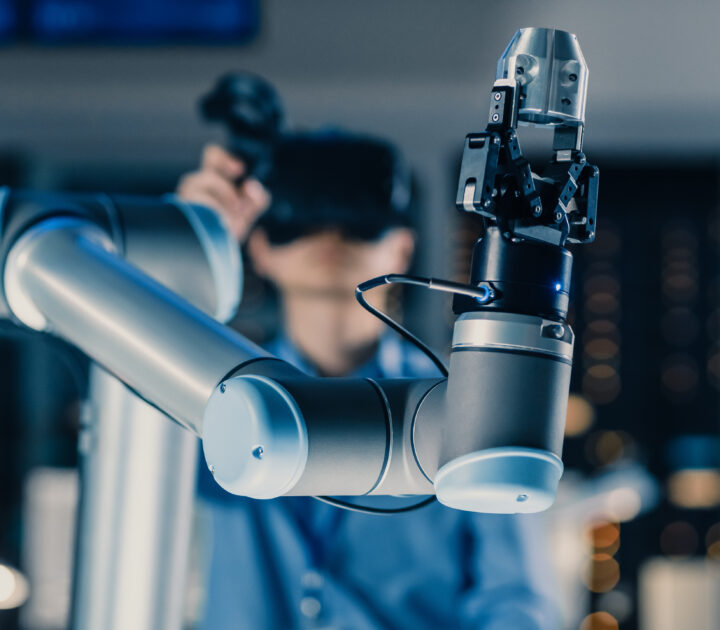IMD business school for management and leadership courses

Research Information & Knowledge Hub for additional information on IMD publications

Research Information & Knowledge Hub for additional information on IMD publications




Research Information & Knowledge Hub for additional information on IMD publications
Research Information & Knowledge Hub for additional information on IMD publications
Research Information & Knowledge Hub for additional information on IMD publications
Research Information & Knowledge Hub for additional information on IMD publications
Research Information & Knowledge Hub for additional information on IMD publications
Research Information & Knowledge Hub for additional information on IMD publications






Research Information & Knowledge Hub for additional information on IMD publications
![How AI gives Taobao's one billion customers the personal touch [Video]](https://www.imd.org/ibyimd/wp-content/uploads/2024/03/TheInterview-ChrisTung-IbyIMD-TopBanner-5_4-1250x1000-1-720x630.jpg)

Research Information & Knowledge Hub for additional information on IMD publications
Research Information & Knowledge Hub for additional information on IMD publications

Research Information & Knowledge Hub for additional information on IMD publications
Research Information & Knowledge Hub for additional information on IMD publications